Four-year-old Pakistani girl cured of thalassemia in China
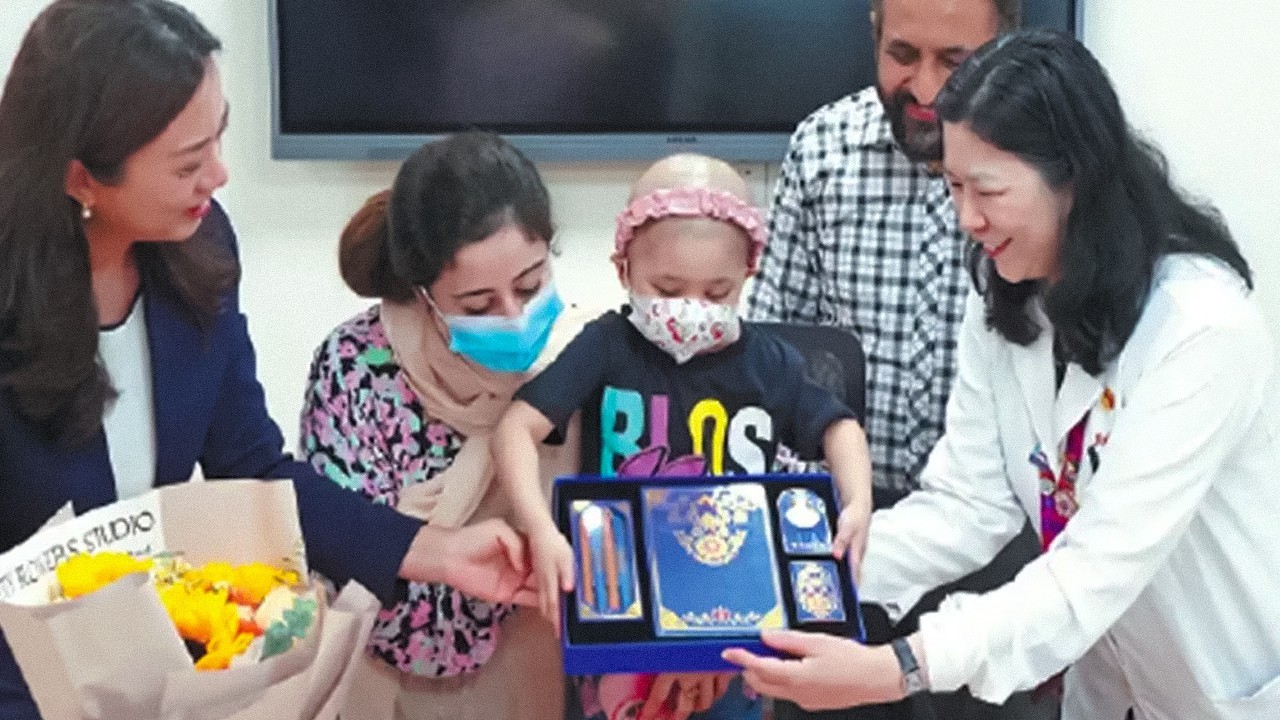
Web Desk
|
27 May 2025
A four-year-old Pakistani girl diagnosed with severe beta-thalassemia has been successfully treated using a cutting-edge gene-editing drug developed in China, marking the first known case of its kind involving a foreign minor, according to China Daily.
The young girl, affectionately nicknamed Aiza, had previously depended on regular blood transfusions to manage her life-threatening condition.
But following an innovative gene-editing procedure at the renowned Children’s Hospital of Fudan University in Shanghai, she has reportedly been cured and is now living a normal life without the need for transfusions.
A small celebration was held at the hospital on Tuesday to commemorate her recovery, where doctors, nurses, and Aiza’s family gathered to mark the life-changing moment.
Aiza was brought to Shanghai in January by her parents to receive an experimental therapy known as CS-101, a base-editing gene therapy specifically developed for treating severe beta-thalassemia.
The drug is part of a pioneering clinical research project launched in 2023, spearheaded by Professor Zhai Xiaowen in partnership with CorrectSequence Therapeutics, a Shanghai-based biotech company.
Read more: Pakistani kids denied treatment in India undergo successful heart surgeries in Pindi
The therapy involves extracting the patient’s own hematopoietic stem cells, editing specific gene sequences using CS-101, and reinfusing the modified cells into the body. The edits effectively restore the production of functional haemoglobin, the protein responsible for carrying oxygen in the blood.
Dr. Qian Xiaowen, who oversaw Aiza’s treatment, stated that her hemoglobin concentration has now exceeded 100 grams per litre — a healthy threshold that allowed her to completely stop receiving transfusions. “The entire treatment process went smoothly, thanks to the hospital’s multidisciplinary care team,” Dr. Qian said.
Aiza’s father, Muhammad Adeel — a 40-year-old physicist and former postdoctoral researcher based in Hong Kong — expressed deep gratitude during the ceremony.
“We not only received world-class medical treatment but also exceptional emotional support throughout the journey,” he said, offering flowers and a heartfelt thank-you card to the medical staff.
He explained that he began researching long-term solutions after witnessing his daughter’s frequent medical interventions.
“I came across information about CS-101 and saw that it had shown promising results in pediatric cases. I immediately contacted the developers to pursue it for Aiza,” he said.
Adeel added that while the recovery process was emotionally challenging for their daughter, the hospital staff went above and beyond to comfort and support the family.
According to hospital officials, Aiza is one of four patients to have received the gene-editing therapy so far, all showing encouraging results in terms of safety and efficacy. For patients suffering from severe thalassemia — who often need lifelong blood transfusions and face serious complications — this development could be transformative.
At the celebration, Aiza was showered with gifts and warm wishes for a healthy future. CorrectSequence Therapeutics also presented her with a special card reading: “Wish your life be filled with prosperities and happiness. Your smile and love shall enlighten more lives in the world.”


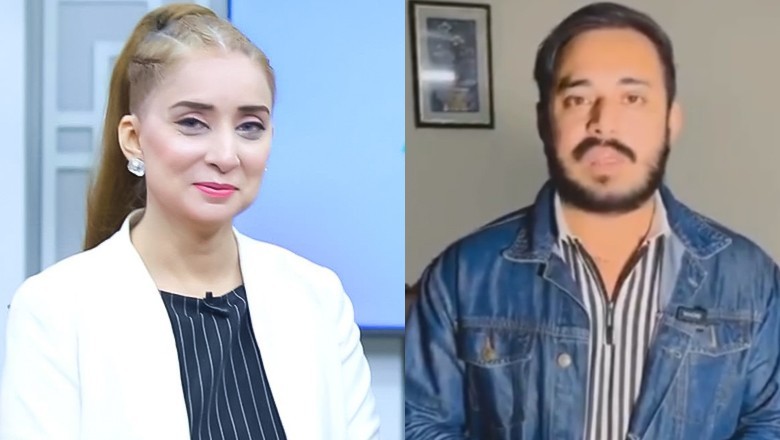

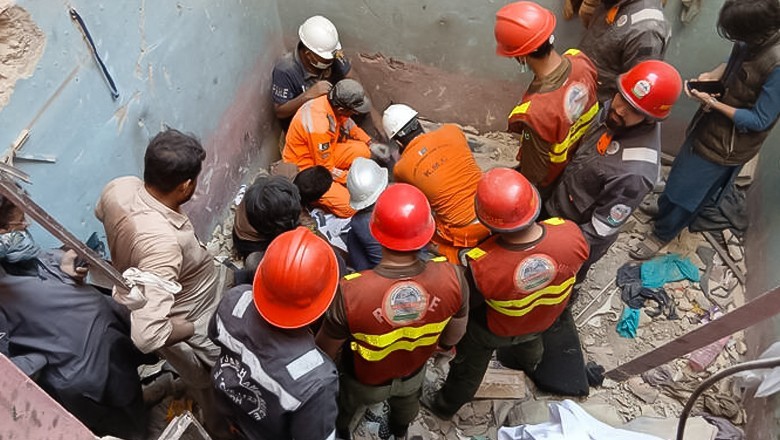
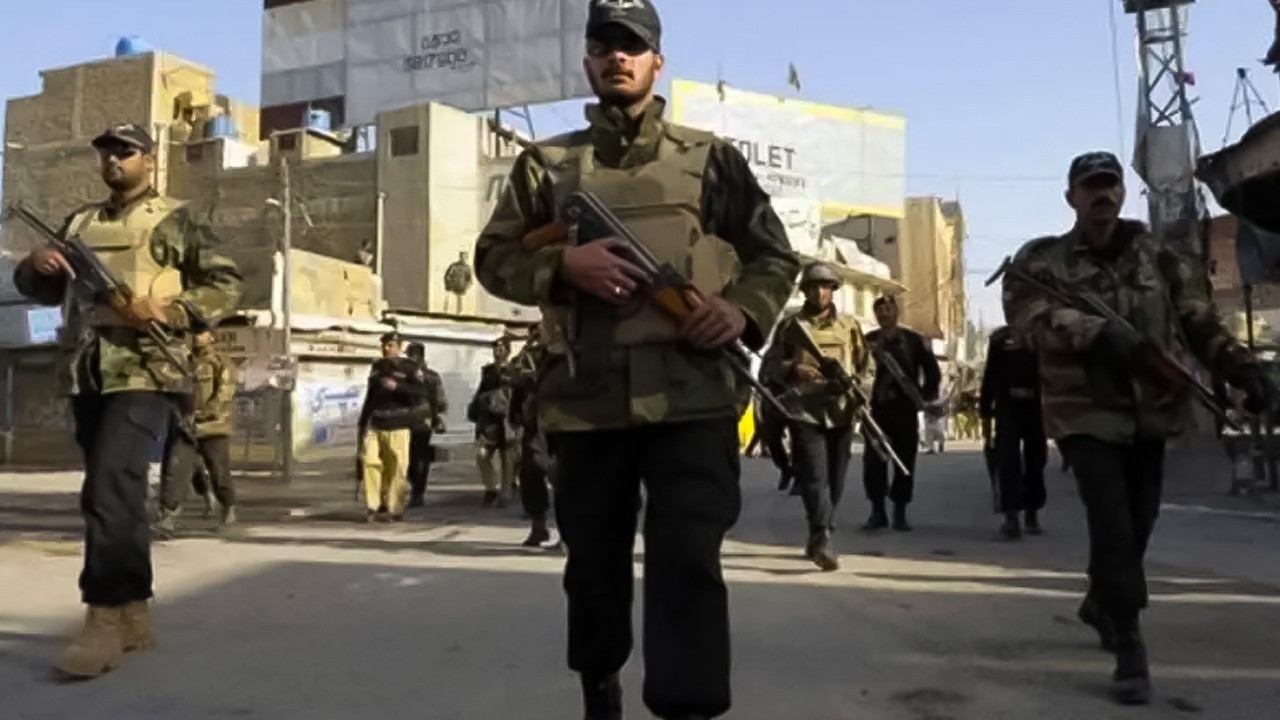
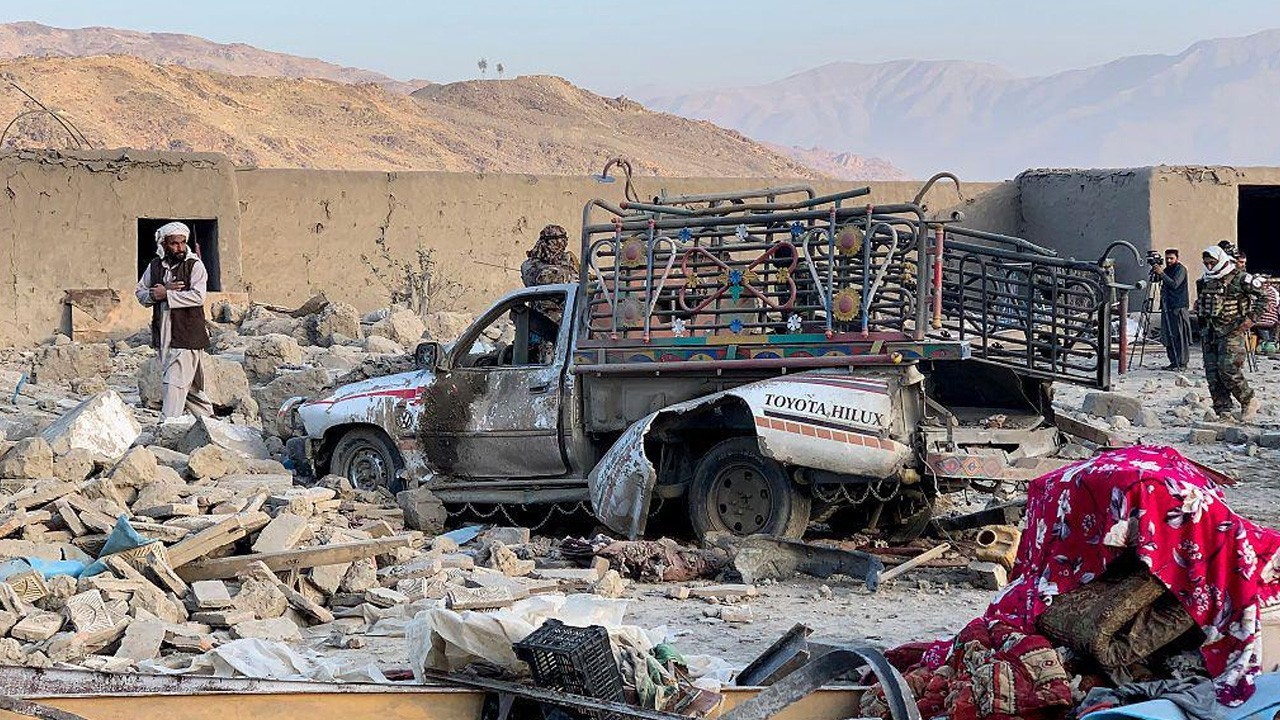
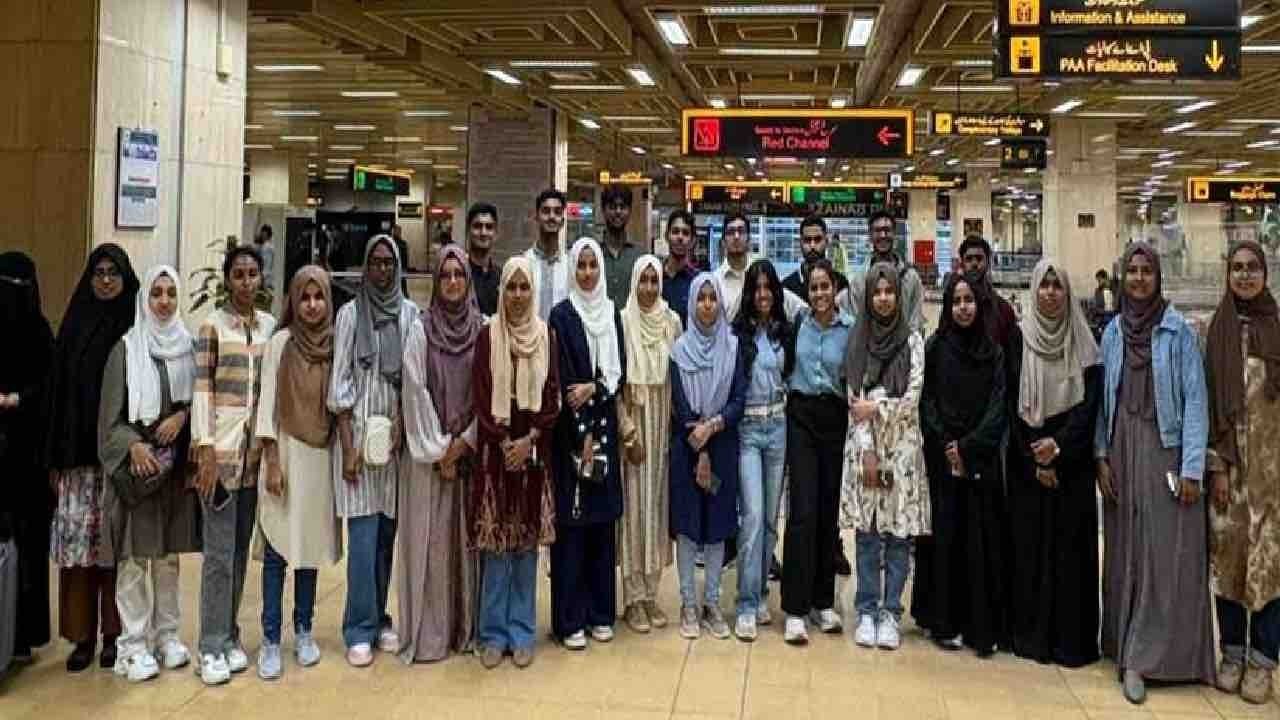

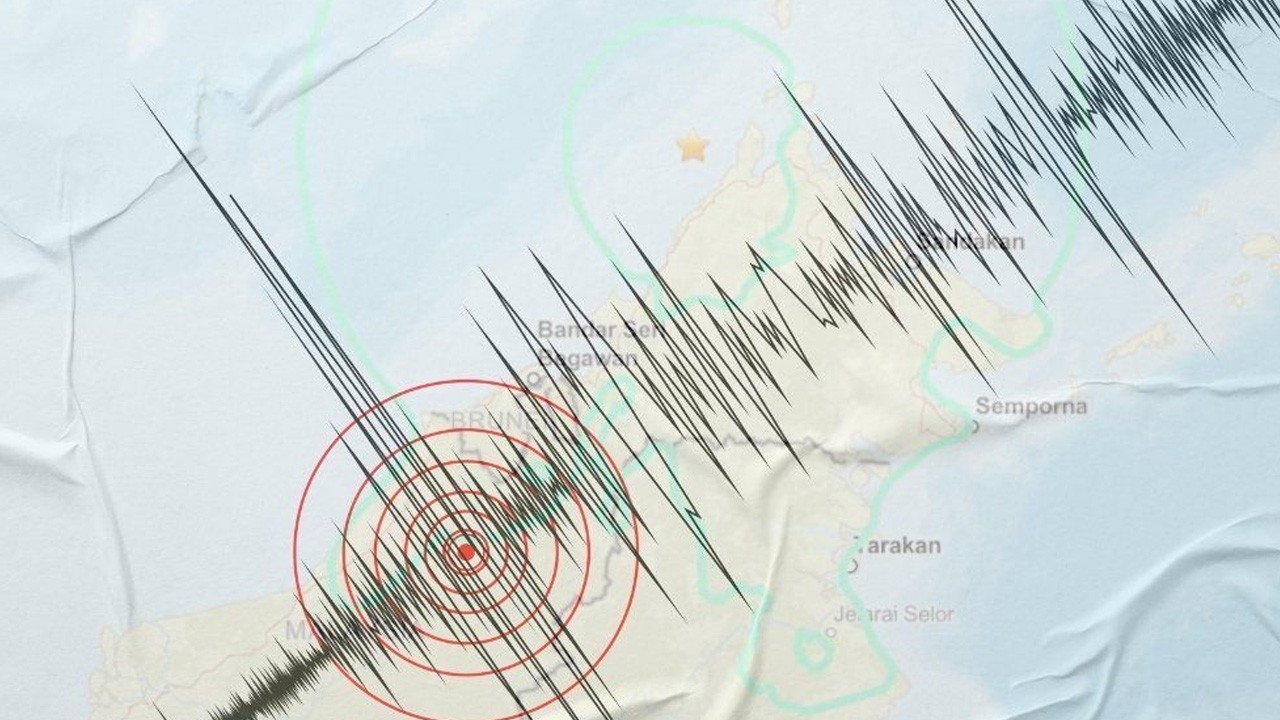
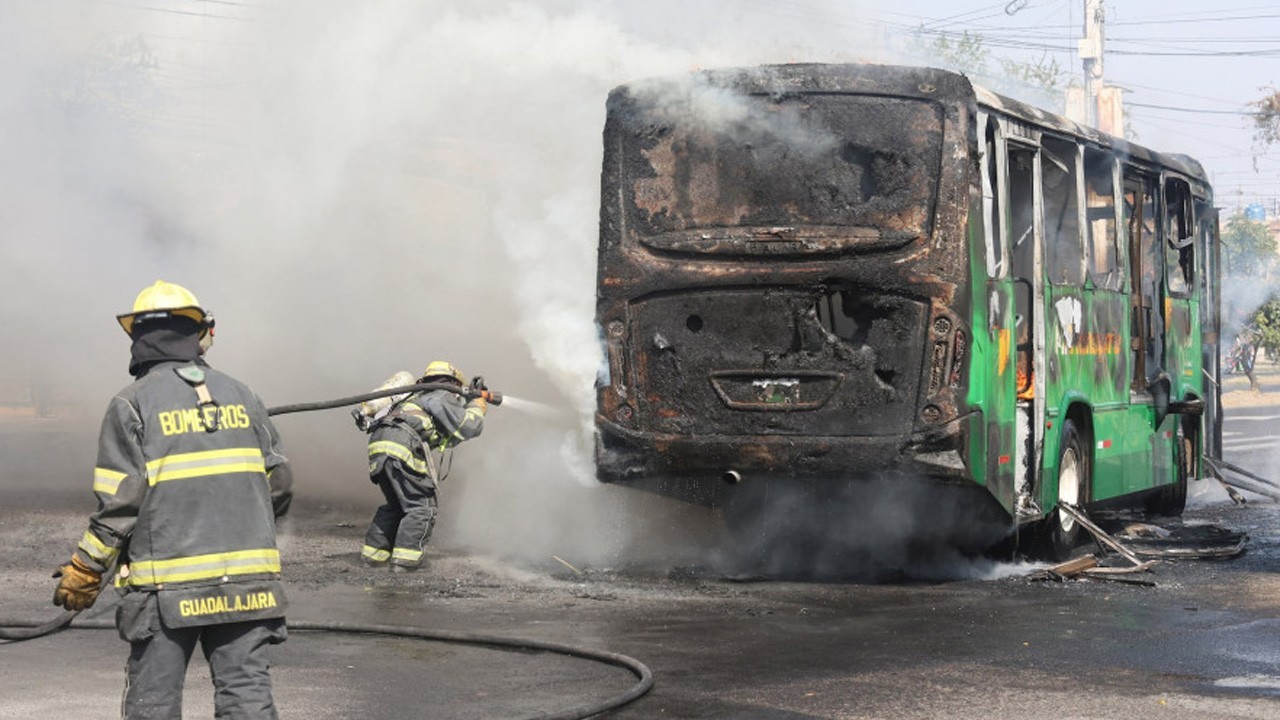

Comments
0 comment